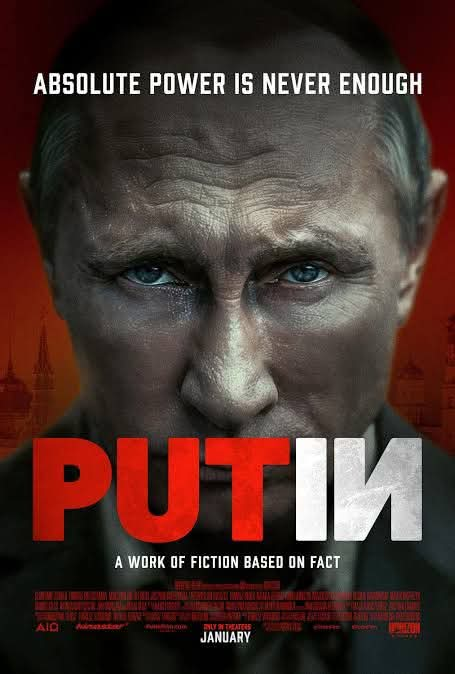PESHAWAR – Released in January 2025 across 64 countries, Putin, directed by Polish filmmaker Patryk Vega, sets out to dissect one of the most complex and controversial figures of our time.
With AI-enhanced realism and a narrative steeped in conflict, propaganda, and power, the film paints a chilling picture of Russia’s long-standing leader.
For anyone who has followed Vladimir Putin’s rise from obscurity to dominance, Vega’s take offers a cinematic biography that doesn’t merely trace the arc of his life—it confronts it. From the harsh realities of his childhood and early deprivation, to his time in the KGB, and ultimately to the Kremlin, Putin pieces together a story of ambition, control, and calculated political ascent.
Also Read: Adolescence: Netflix’s Chilling Crime Drama Unpacks Teenage Violence, Its Consequences
We watch as Vega lays bare the tools of Putin’s power: rigged elections, a silenced press, and constitutional reshaping designed to keep him in office until 2036. The film also chronicles the Ukraine invasion in blunt terms, offering graphic scenes of war and the accompanying human cost. Alongside this, Russia’s confrontational foreign policy receives a critical spotlight, presenting the country as increasingly isolated and aggressive.
There is nuance, too—at least on the surface. The film touches on Putin’s health issues, psychological insecurities, and personal frailties. But whether these portrayals are grounded in fact or veer into speculative fiction is left for the viewer to decide. What remains clear is the film’s overarching tone: Putin is depicted less as a statesman and more as a tyrant—merciless, paranoid, and obsessed with power.
Director Vega, in an interview with a British paper, stated plainly that he sees Putin as “the world’s biggest gangster.” He aimed to present him not as an invincible autocrat but as a frightened, insecure man. Yet, that intention doesn’t always register onscreen, where Putin is often framed as a near-mythical antagonist—a villain on a scale the real world rarely produces.
Perhaps the most talked-about element of Putin is its digital artistry. Actor Sławomir Sobala’s performance as Putin is compelling, but it’s the AI-enhanced visual effect—superimposing Putin’s actual face onto Sobala—that gives the film an eerie, unsettling realism. The result is a near-holographic depiction that blurs the lines between performance and presence, fiction and reality.
This cutting-edge use of artificial intelligence, though technically brilliant, also raises pressing ethical questions about the future of film, truth, and representation. In Putin, the technology doesn’t just aid the story—it becomes part of it.
For viewers with an interest in political biographies or modern history, Putin is a compelling, if deeply polarising, watch. But make no mistake: this isn’t just a biopic. It’s a cinematic provocation—one that demands critical engagement and careful reflection.












